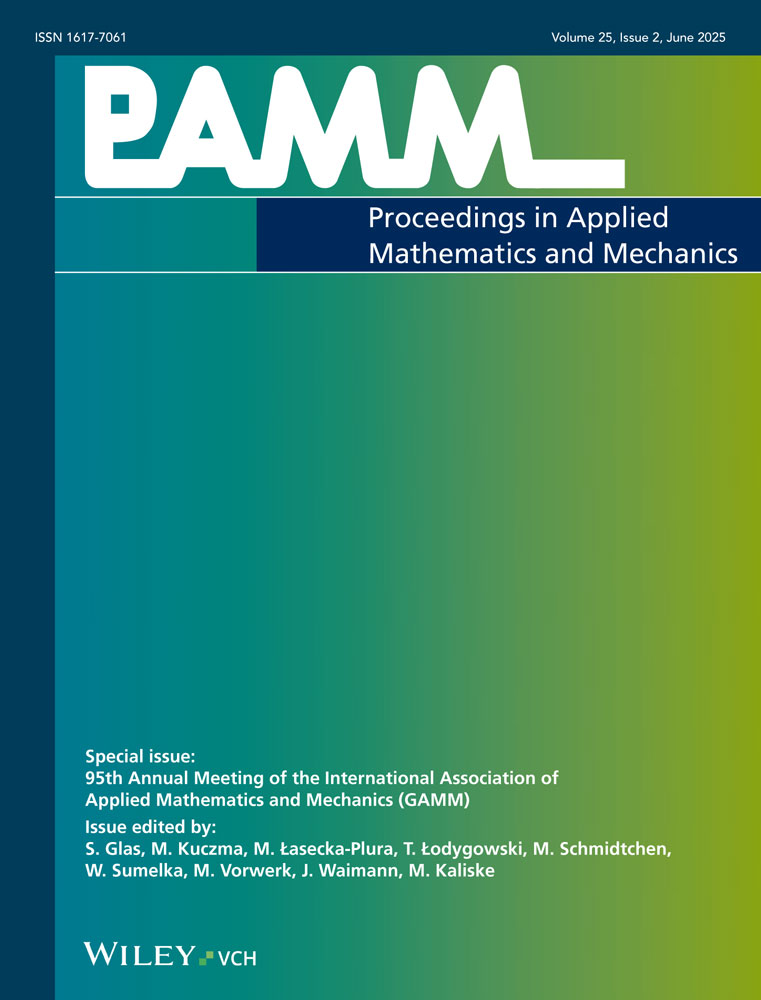Modeling of a Pneumatic Hybrid Actuator using an Exponential Approach for Approximation of the Valve-Actuator Behaviour
Abstract
The present paper describes a mathematical model for the control of a hybrid actuator consisting of a fluidic muscle and a linear pressure spring which is inflated by a proportional directional control valve in 3/3-way function. The device is applied for physical simulation of arbitrary force/displacement relationships.
The mathematical model of the system fluidic muscle/valve consists of the approximation of the pressure time-history by an exponential function. The coefficients of the exponential function are identified from corresponding measurement and Least Squares minimization. The advantages of this approximation are that the differential equation for the pressure becomes simple and the computations more efficient. This makes the approach suitable for model-based control. The paper shows that with the proposed model sufficient accuracy can be achieved such as to have a good mathematical model for feedback linearization. For later use the device can be employed in fields of biomechanics as well as in general environments such as motion simulations. (© 2006 WILEY-VCH Verlag GmbH & Co. KGaA, Weinheim)




